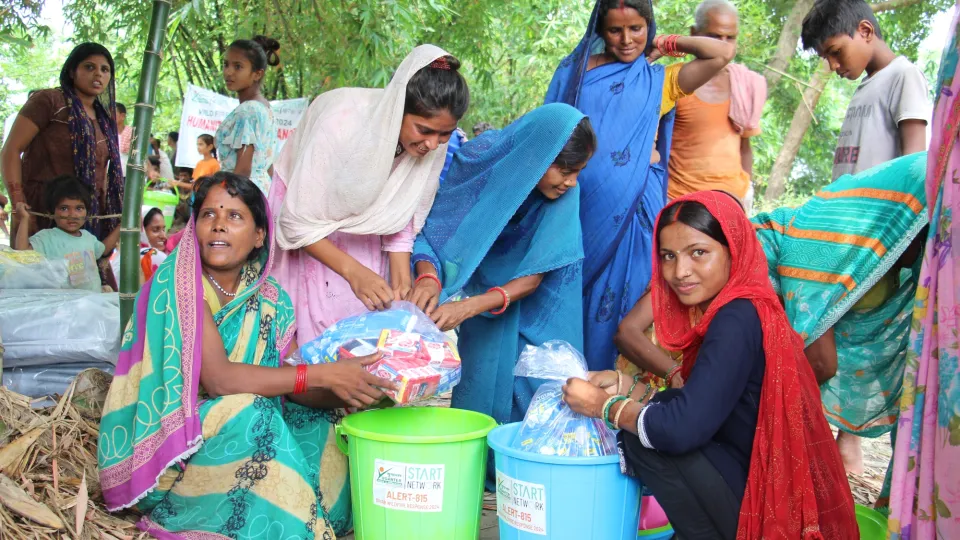
Who is still talking about gender?
How we can better incorporate gender principles in short-term humanitarian programming.

How we can better incorporate gender principles in short-term humanitarian programming.
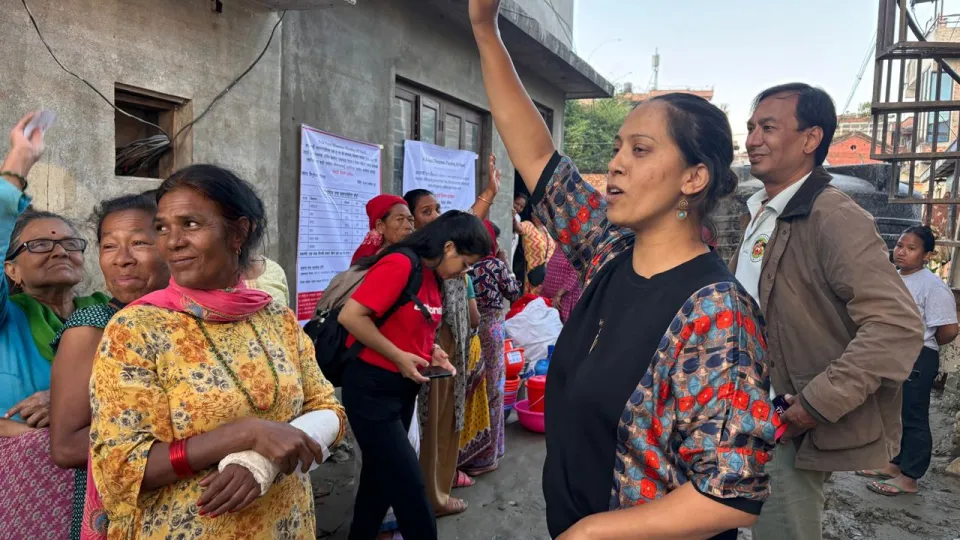
In 2024, heavy monsoon rains and overflowing rivers devastated communities in Konjyosom RM, Sinamangal, and Bansighat. Entire villages were flooded, homes destroyed, and families left without shelter, food, or clean water.
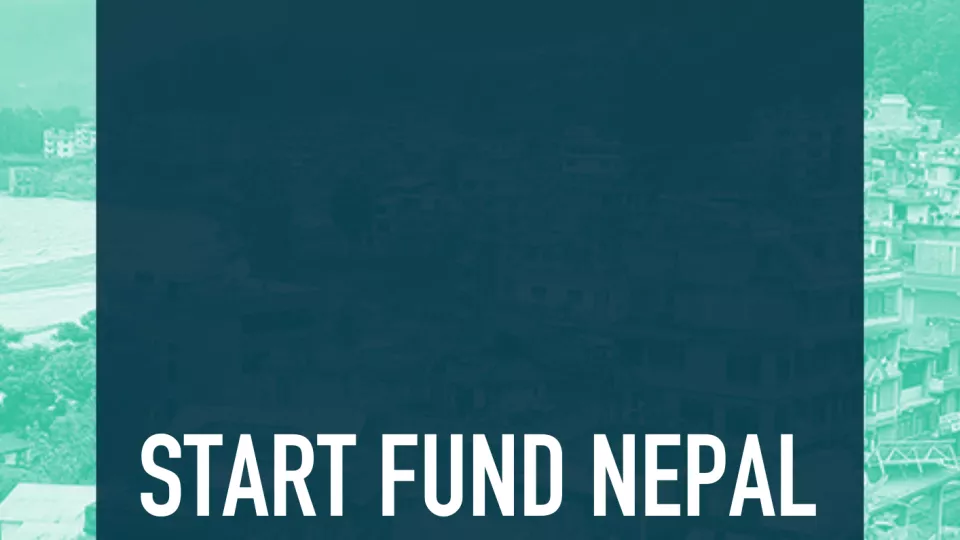
An evaluation of Start Fund Nepal was held in March/April 2024 with a main objective to evaluate the performance of Start Fund Nepal as a funding mechanism from inception to present (Phase I and II).
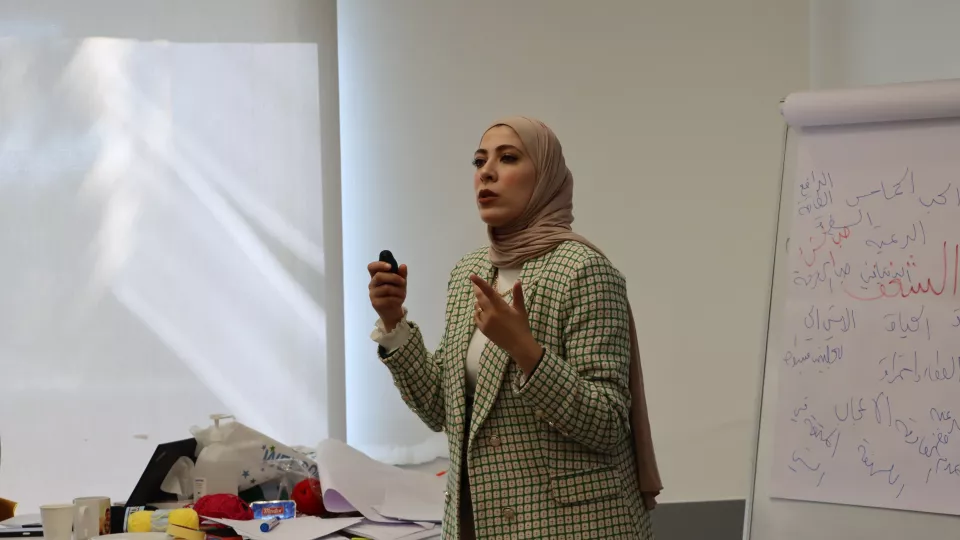
This grant sought to enable the creation of new methodologies to measure the success and impact of humanitarian interventions. The Community-Led Approaches to Monitoring, Evaluation, Accountability, and Learning (MEAL) Research Grant was created in March 2022, with support from the Conrad N. Hilton Foundation and the IKEA Foundation. This grant formed part of the Start Network’s push for a locally led humanitarian system and to meet the participation revolution commitment in the Grand Bargain, which seeks to promote the link between effective participation and the quality and effectiveness of humanitarian response.
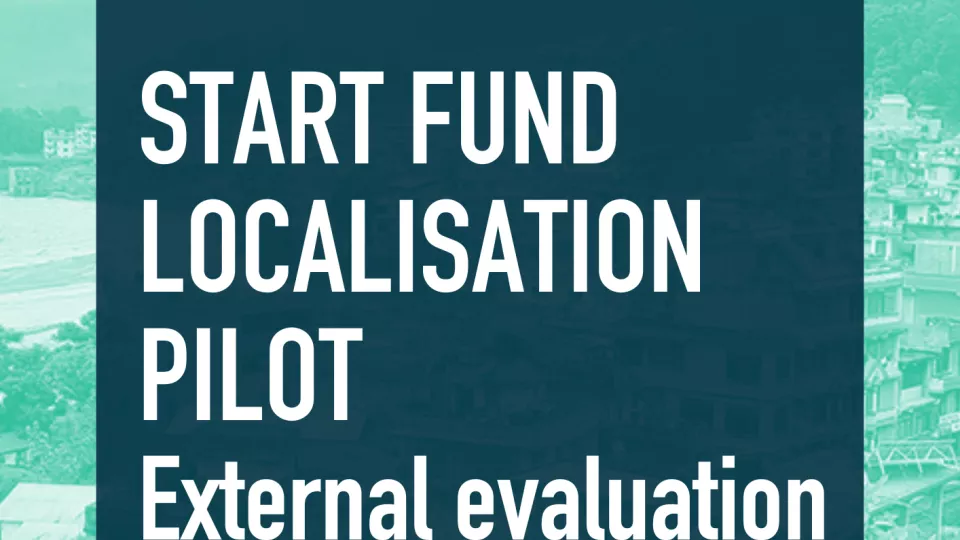
This is an independent, external evaluation of the Start Fund’s ‘localisation pilot’ conducted in late 2022. The purpose of the evaluation is to assess the extent to which the global Start Fund is ready in terms of current and planned processes, practices and capacity, to develop into a more locally-led humanitarian model while maintaining its mandate to respond rapidly to the gaps and unmet needs of people in, or at-risk of crisis.
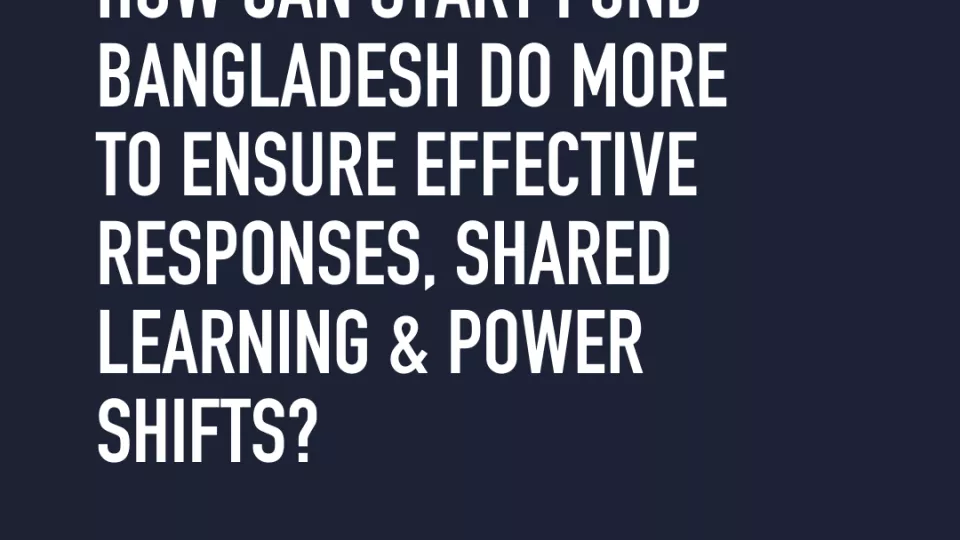
Bangladesh has faced one of the worst flash floods in history in 2022, where northeastern region of the country was devastated by consecutive flash floods during the months of May to June. The affect of the flooding led to more than 7.2 million people directly affected and more than 50% of the affected population in need of humanitarian assistance.
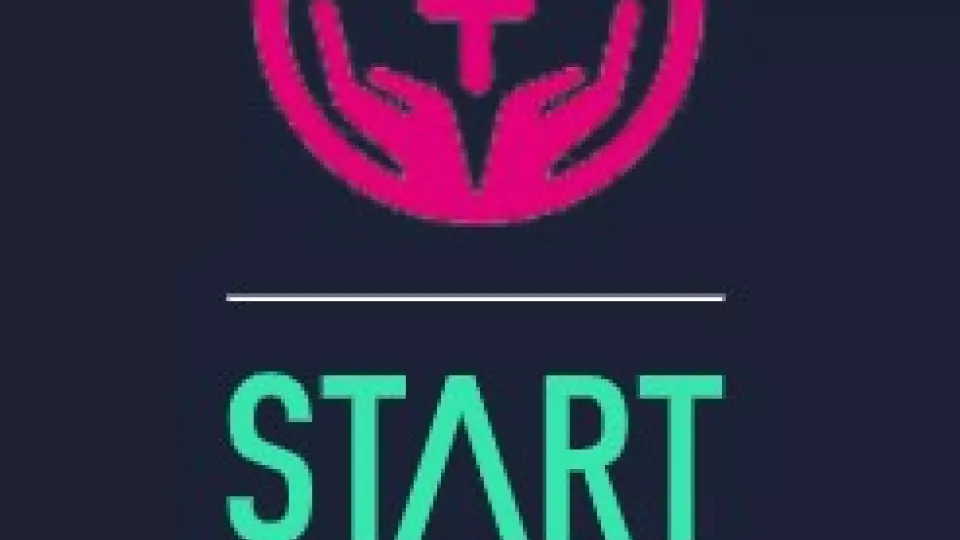
In January 2022 AFPDE was awarded Start Network’s Sharing Knowledge and Ideas Under Local Leadership (SKILL) Grant, to conduct a peer learning programme focused on a research project of their choosing. AFPDE connected with other local, national and international organisation as well as members of the community and local officials, to organise a series of research activities and explore community resilience in Nundu, Lemera and Ruzizi health zones of the DRC. This report is condensed from the full research report written by Bagula Amato, who was the consultant hired by AFPDE to lead the data collection and research analysis which captures the findings and recommendations from this work.
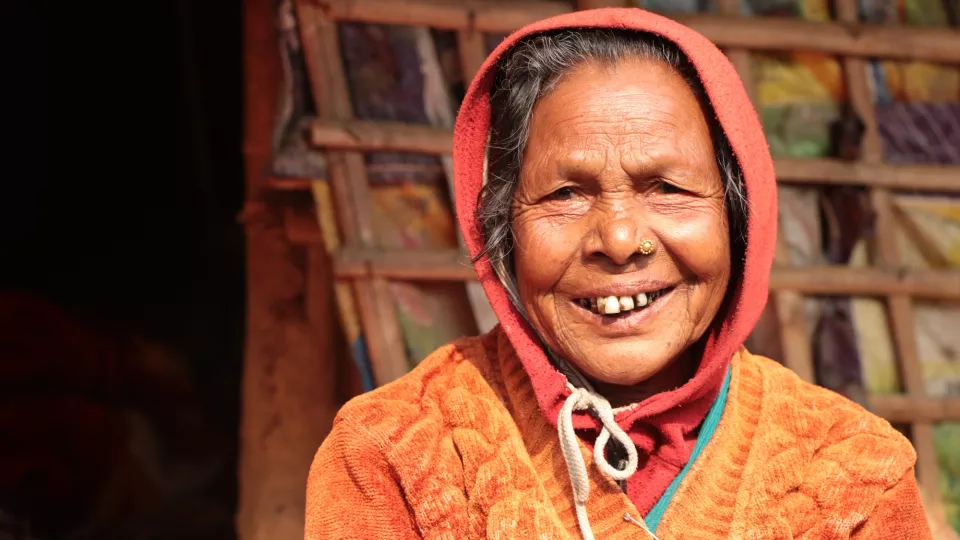
“I filled out a voucher form to indicate what I need to survive low temperatures. I expressed my family's need for blankets, sweaters, thermos, rice, salt, oil, lentils, and sugar. A few days later, I got a call to collect the items that I choose. This paper voucher was easy for me," Rita, a community member from Terai shares her experience during Start Fund Nepal's anticipatory response to the cold wave in January 2022.
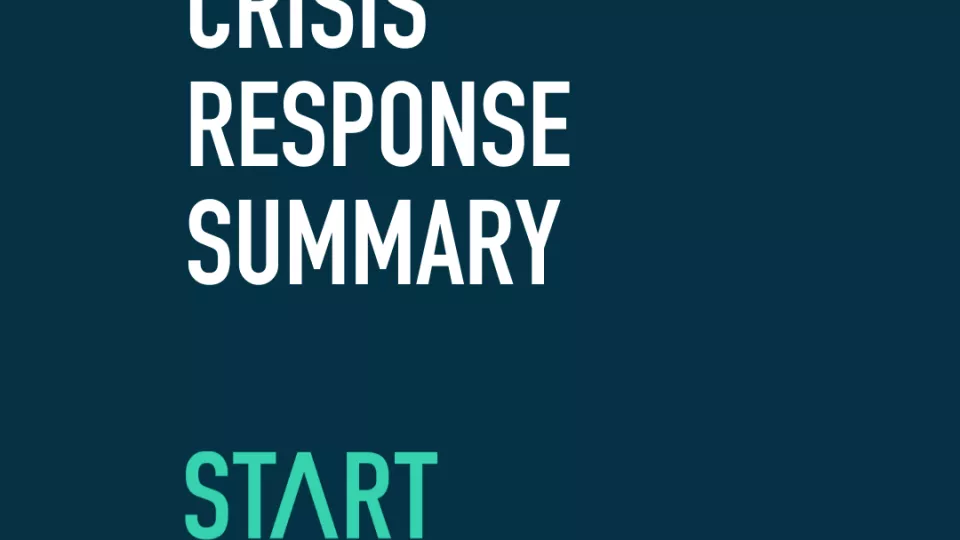
The northeastern part of Bangladesh has been devastated by a torrential flash flooding due to heavy rainfall in the upper streams of Surma, Kushiyara and other rivers of the Brahmanputra basin that linked to the northeastern part of the country.
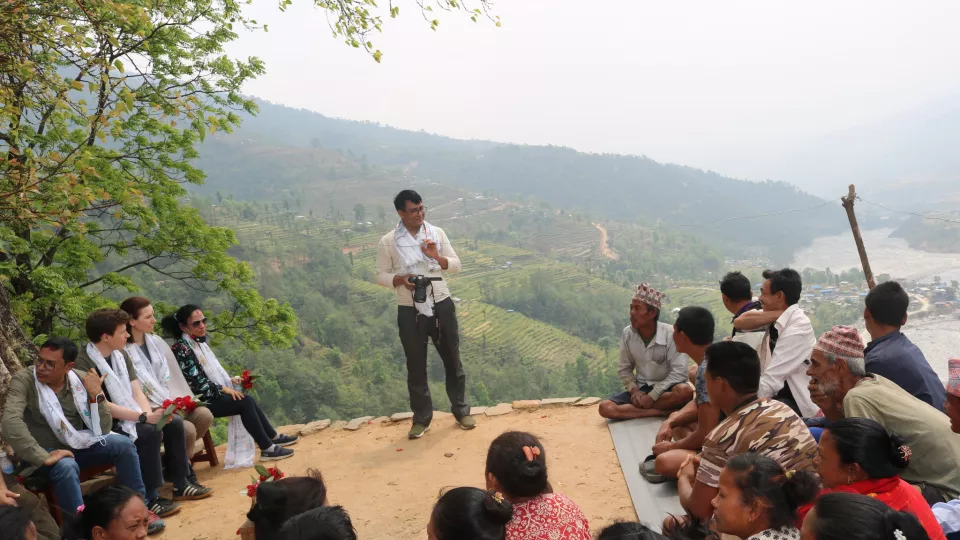
The British Embassy in Kathmandu (BEK) has announced its continued support to anticipate and rapidly respond to crises through Start Network by providing an additional £ 1.5 million in funding to Start Fund Nepal.